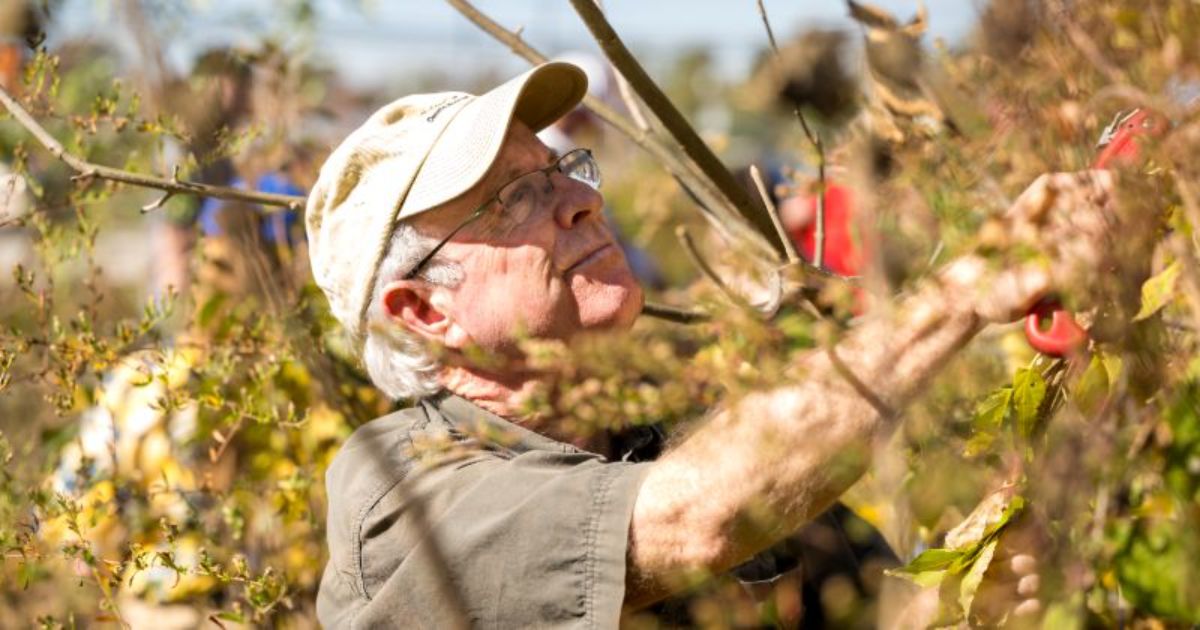
Wildlife Ecology Master of Science

Program overview
The department offers programs leading to the Master of Science (M.S.) in Wildlife Ecology. Graduate students in these fields couple a focus on insects or vertebrates with a broad knowledge of other related fields of biology, especially ecology. The M.S. degree programs prepare students for pursuit of the PhD. While it is possible to go directly to the Ph.D. program, the Department Faculty prefers that students complete the MS degree before being admitted or reclassified into the doctoral degree program in Entomology and Wildlife Ecology.
Students complete coursework in all aspects of wildlife ecology, conservation, physiology, taxonomy, policy, and human dimensions of wildlife. Students also conduct an intensive field research project (usually two to three field seasons) under the tutelage of a faculty member, which they use as their thesis.
Outcomes
Graduates are prepared to enter the workforce as wildlife biologists for state and federal agencies. Most of our M.S. students find employment in their field of interest.
Uniqueness
Our wildlife graduate research programs are diverse, ranging from aero ecology, waterfowl biology, tidal marsh ecology, forest fragmentation, ecological monitoring, and large mammal conservation and management, just to name a few. We provide strong support for our students and integrate their research into state, federal, and international agencies and non-government organizations (NGO’s). We are uniquely situated on an urban-rural gradient with research being conducted in human-dominated landscapes, agricultural landscapes, forested landscapes, and tidal marsh ecosystems.
-

Every yard makes a difference. Native-plant champion Doug Tallamy’s got a new book explaining how
April 09, 2025 | Written by Jessica Damiano | Associated Press | Photo by Kathy F. Atkinson -
UD’s Doug Tallamy tackles crucial ecological questions in new book
April 07, 2025 | Written by Katie Peikes | Photo by Kathy F. Atkinson -
A simple way you can actually help save the world
April 02, 2025 | Written by Jeanette Marantos, Los Angeles Times


